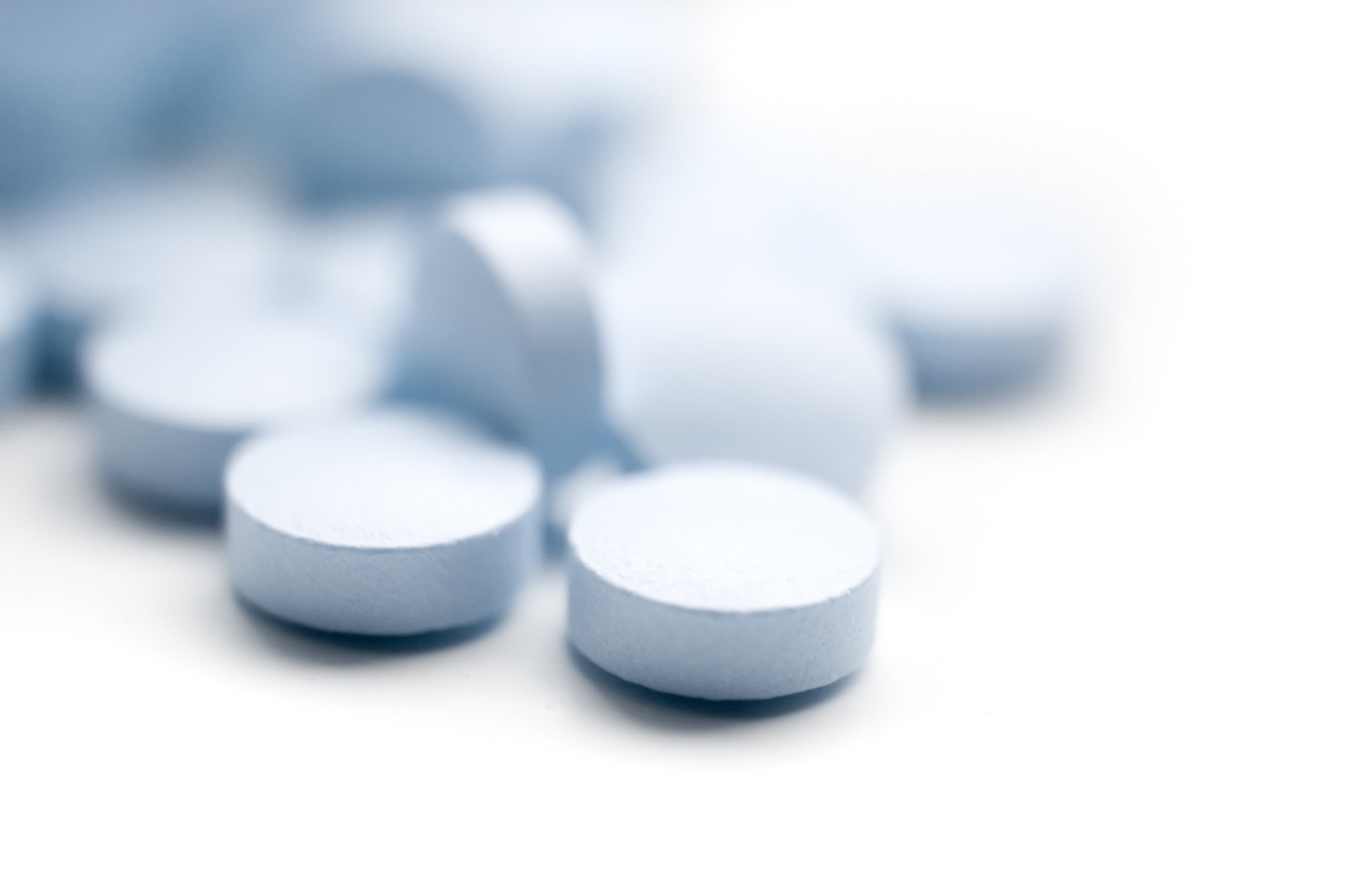Suboxone is a medication used to help opioid addicts break their addictions to illegal drugs. It contains two medicines: naloxone and buprenorphine.
When combined, this medication can significantly reduce withdrawal symptoms.
Studies show that addicts who received this drug were 1.82 times more likely to continue with treatment programs than those who received a placebo. This study demonstrates that it’s an effective treatment option.
Unfortunately, some addicts use it instead of illegal drugs. Others use it to break their addictions. In either case, you might wonder, “How long does suboxone stay in your system?”
Keep reading to learn more about suboxone and its effects on the body.
Suboxone Basics
Doctors and substance abuse centers use two primary drugs: methadone and suboxone. Treatment facilities call this medication-assisted treatment. Both offer positive effects in different ways.
Suboxone combines two medicines to help addicts:
Buprenorphine
Buprenorphine is a narcotic drug that stops opioids from affecting the nervous system. When taken, it stops someone from feeling the normal effects of opioid drugs.
Naloxone
Naloxone is a medication that also stops opioids from affecting the nervous system. However, it does this by reversing what opioids do to this system.
When combined, you get suboxone. Suboxone blocks a person from feeling the highs from drugs while reducing the cravings. Therefore, doctors use it to help people stop using drugs.
You can treat addiction in various ways, including with medication. If you’re interested in this type of recovery plan, you might wonder, “Does insurance pay for rehab?”
You can search for rehabs that accept insurance. First, consider your insurance type. Second, search for rehabs by choosing one of these search terms:
- Rehabs that take Cigna insurance
- Rehabs that take Aetna insurance
- Rehabs that take Anthem insurance
- Rehabs that take United Healthcare insurance
You might also search for rehabs that offer medication-assisted detoxes.
Its Effects
Having insurance that covers rehab might encourage you to seek treatment faster. Finding the right treatment facility is also vital, especially if you want to use suboxone in your recovery.
As described, suboxone helps addicts stop using illegal drugs. But how exactly does it work?
First, buprenorphine tricks the brain. When you take this medication, your brain thinks you received your drug of choice. Secondly, it’s the naloxone that stops you from getting the high.
While you won’t experience the high you normally do, you won’t experience the withdrawal effects.
One primary hindrance to stopping an opioid addiction is withdrawal. Not only do users crave the drug, but they can also develop major withdrawal symptoms.
Drug withdrawals leave you feeling sick. Many people feel nauseous. They may vomit and have trouble keeping anything down, including water.
Some people get shaky and develop headaches. Most people withdrawing from opioids also feel extremely nervous, anxious, and agitated. These symptoms are so severe that many people turn back to drugs for relief.
Taking suboxone alleviates cravings and significantly reduces withdrawal symptoms. As a result, a person is more likely to break their addiction when using suboxone.
Unfortunately, suboxone is not a one-time medication that solves the problem. Instead, you’ll likely need it daily, as it doesn’t stay in your system forever.
How It’s Detected in Your System
You can detect suboxone in your system with drug tests. Substance abuse clinics use these, but you can also buy them from drug stores or online.
Standard drug tests check for buprenorphine in your system. They don’t check for naloxone as it doesn’t generally appear on most drug tests.
In most cases, urine drug tests can detect buprenorphine for around seven to nine days. You can test for suboxone through saliva, urine, blood, or hair. The type of test you take affects the suboxone detection rates.
How Long Does Suboxone Stay in Your System?
You can call to ask, “Does insurance pay for rehab?” When calling, ask them what type of testing they use. The answer can help you learn how long suboxone stays in your system.
For example, suboxone leaves the bloodstream faster than in urine. Therefore, a blood test might detect suboxone for 86 hours. A blood test requires withdrawing blood and sending it to a lab for testing.
A saliva test might detect it for five days. Many treatment facilities use saliva tests, which require swabbing the mouth. Afterward, they test the swab.
A urine test can detect suboxone for seven to nine days. This test requires urinating in a cup for testing.
In some cases, facilities might perform hair tests. With this test, they cut some of your hair and send it for testing. This test can reveal suboxone for up to three months.
Of course, many factors affect the length of time it stays in your system. For example, your weight and height affect the results. The amount you take also affects the results.
Doctors aim to limit the amount of suboxone a person receives when using it to break an addiction. Experts suggest aiming for a 16 mg/4 mg (buprenorphine/naloxone).
Getting this dosage daily should satisfy all cravings and eliminate all withdrawals. However, you might start with a higher dosage at first. The professionals can help you reduce the amount as needed.
You might also receive suboxone several times a day at first. As your body adjusts, they can reduce the amounts and frequency. The goal is to reduce it to once a day.
Seek Help for an Addiction
So how long does suboxone stay in your system? As you can see, it can stay for more than one week. However, you’ll probably only experience its effects for one day.
Are you addicted to suboxone or opioid drugs? Are you ready to get help?
Reach out to us at Altitude Recovery Community. We’re located in Camarillo, CA, and offer professional addiction treatment services. Call us at (866) 921-4622 to learn more.




